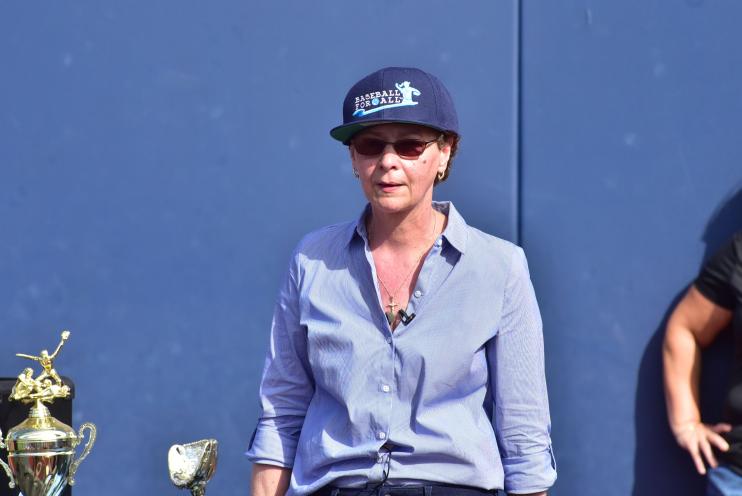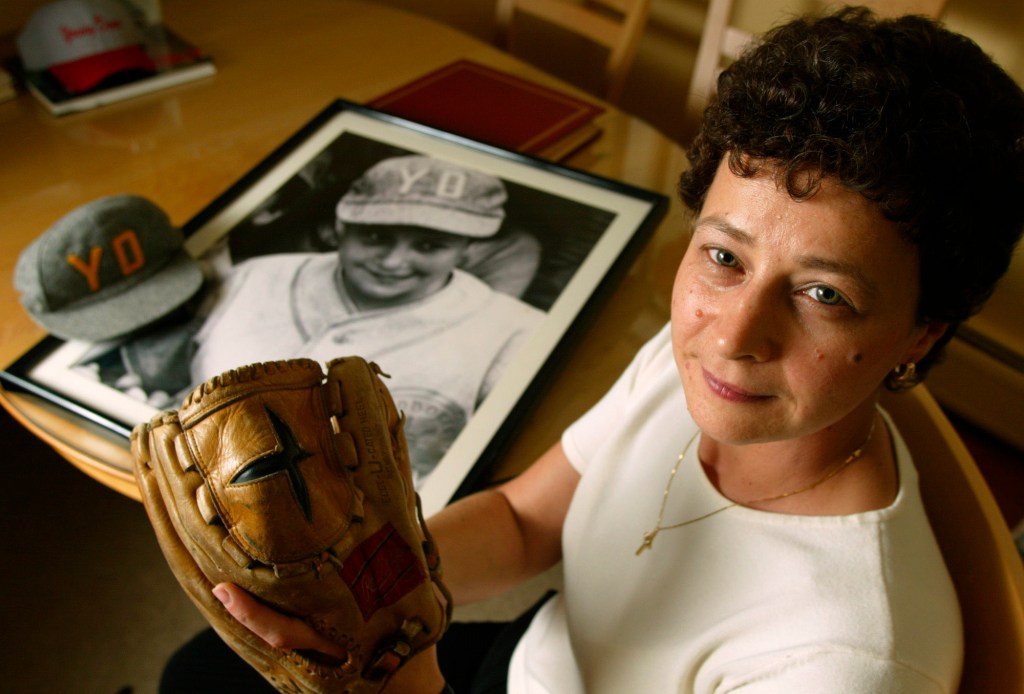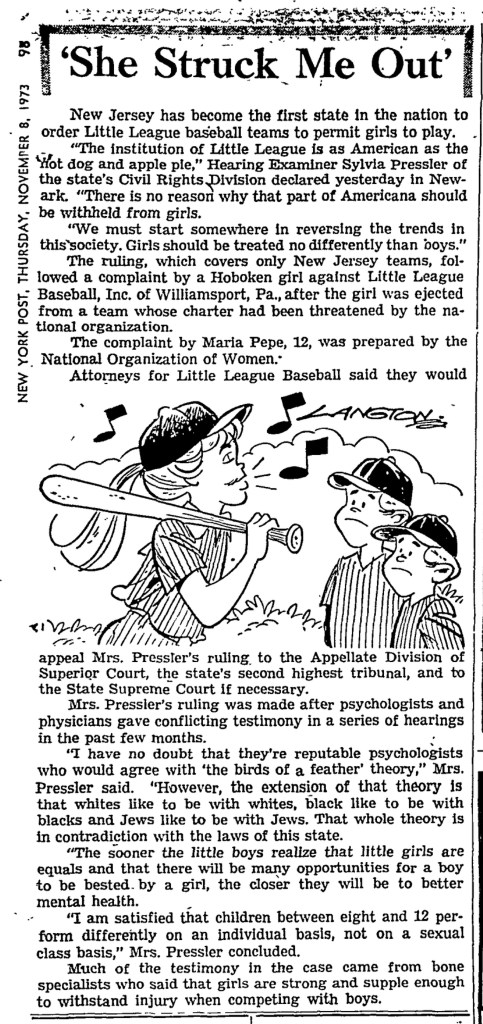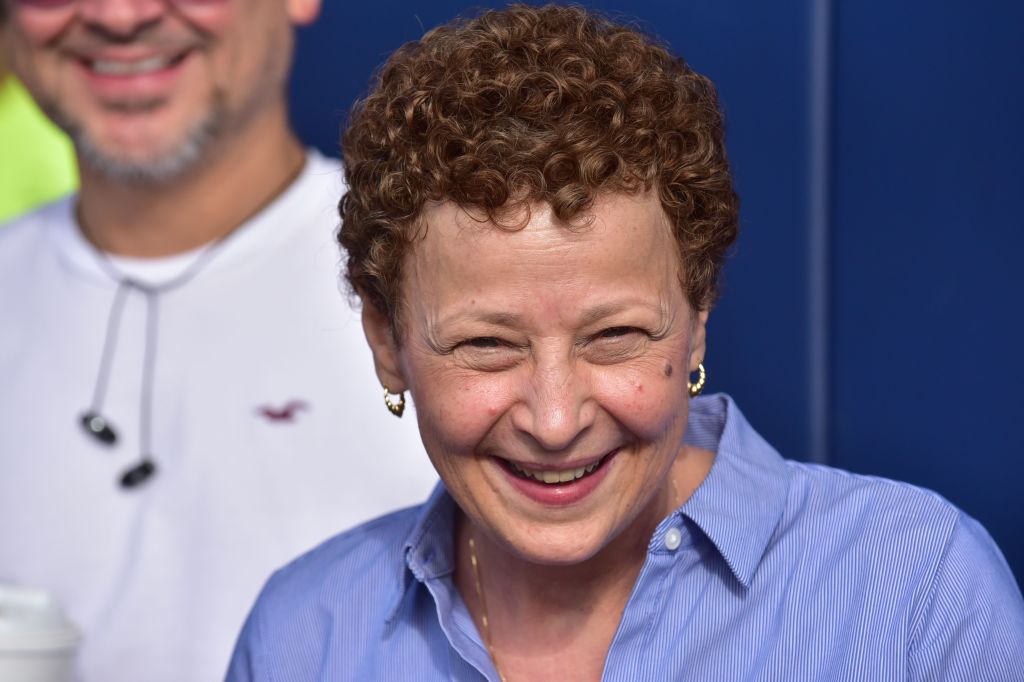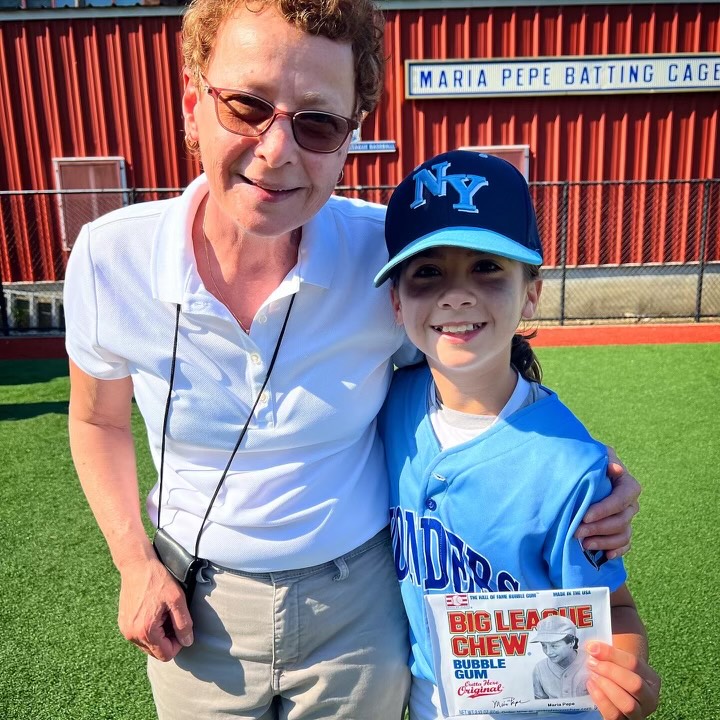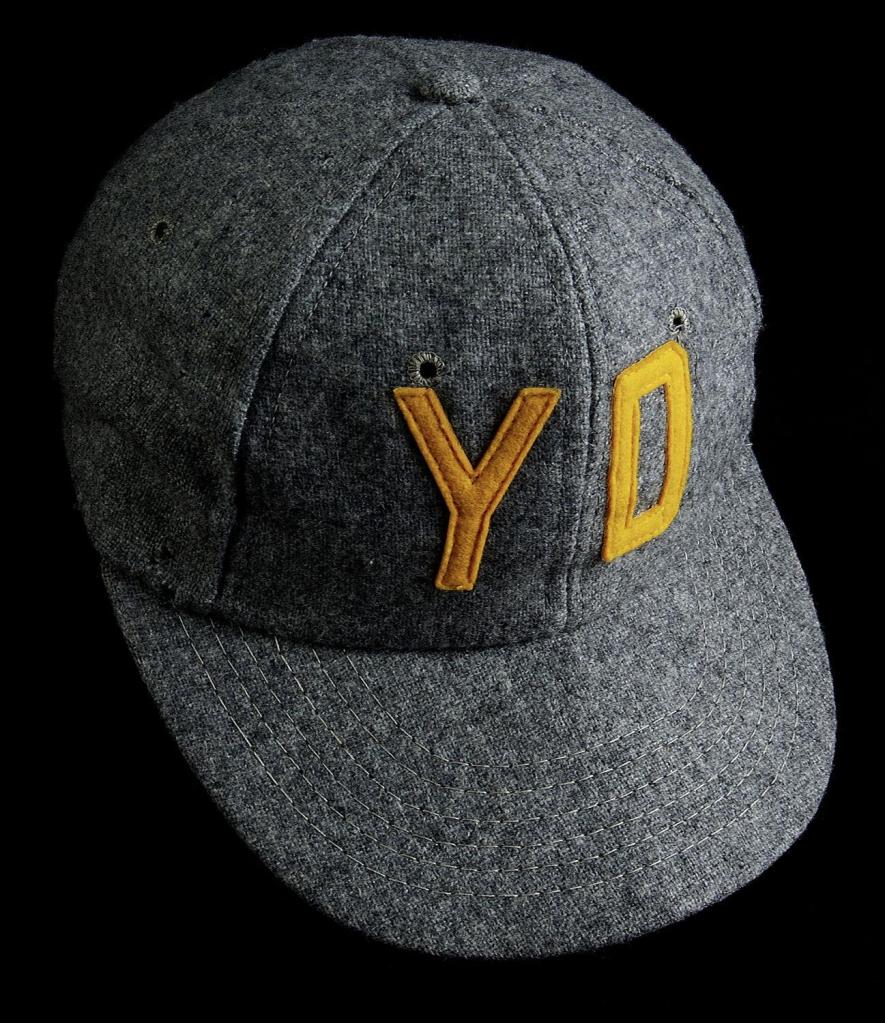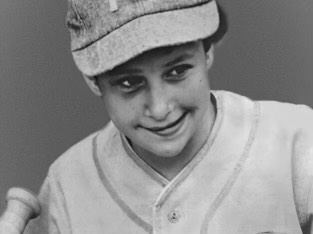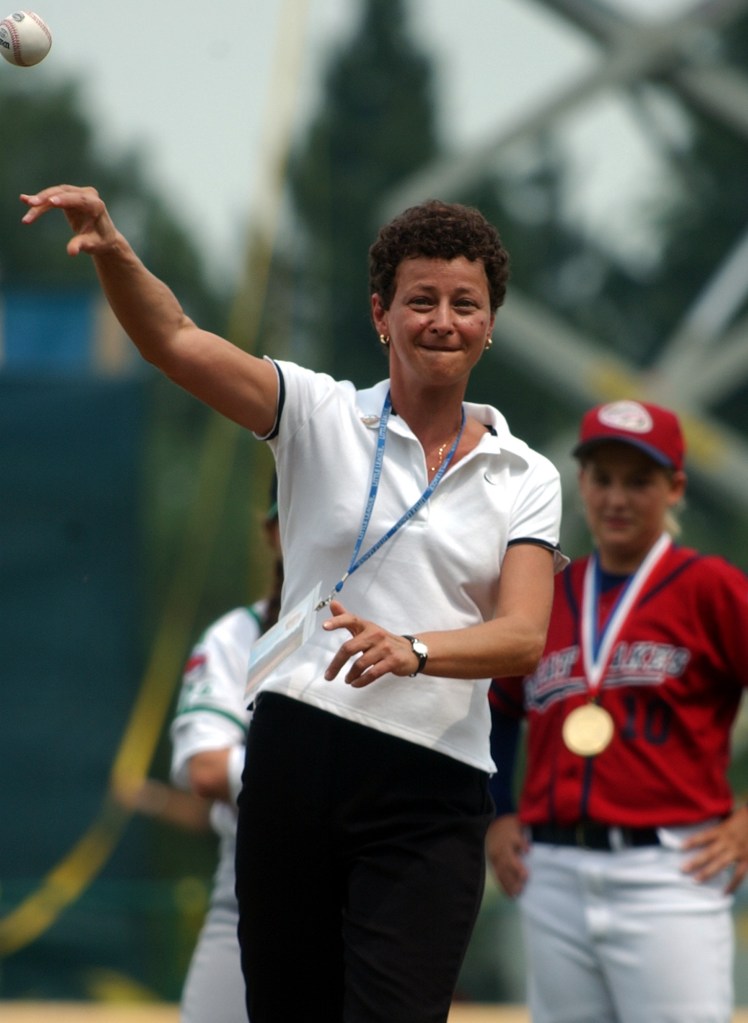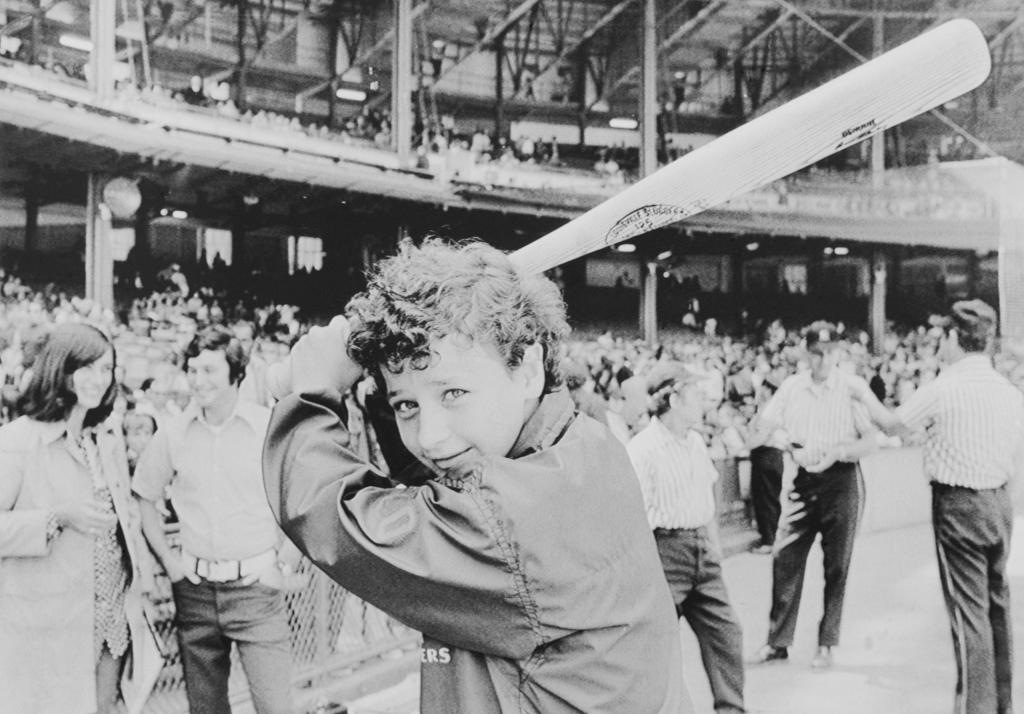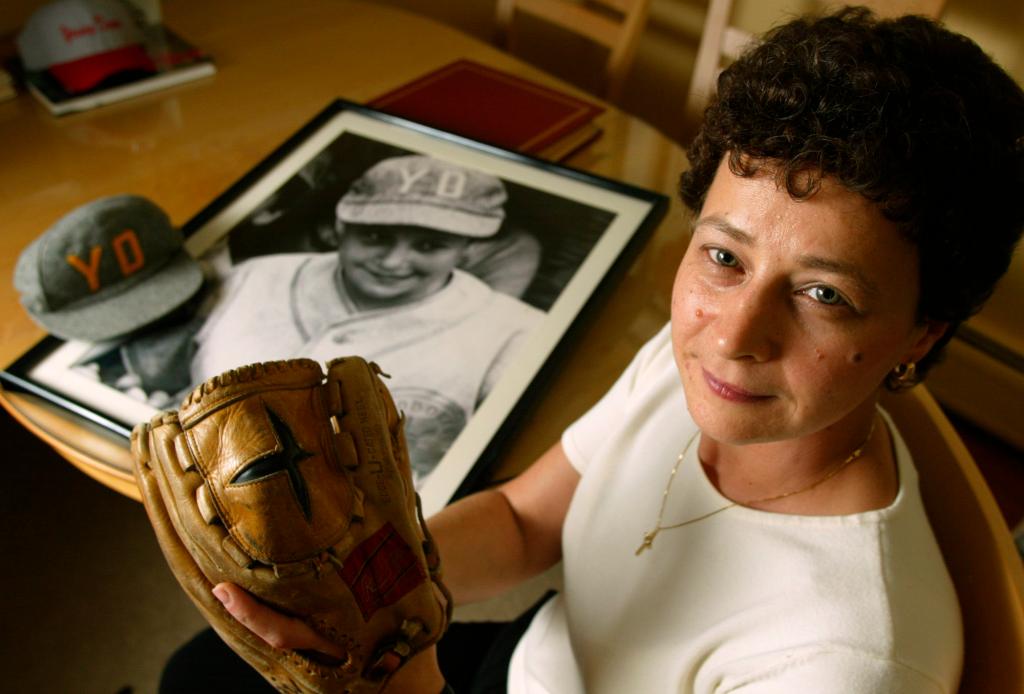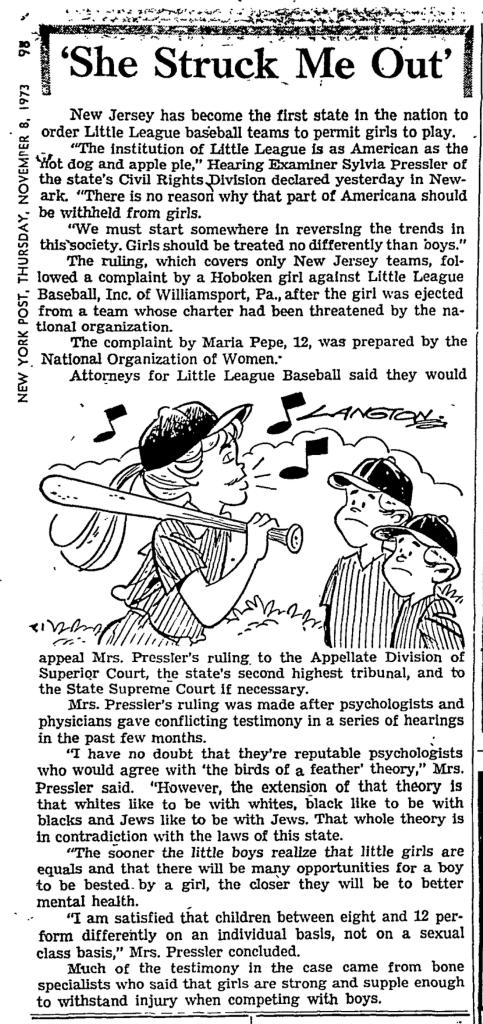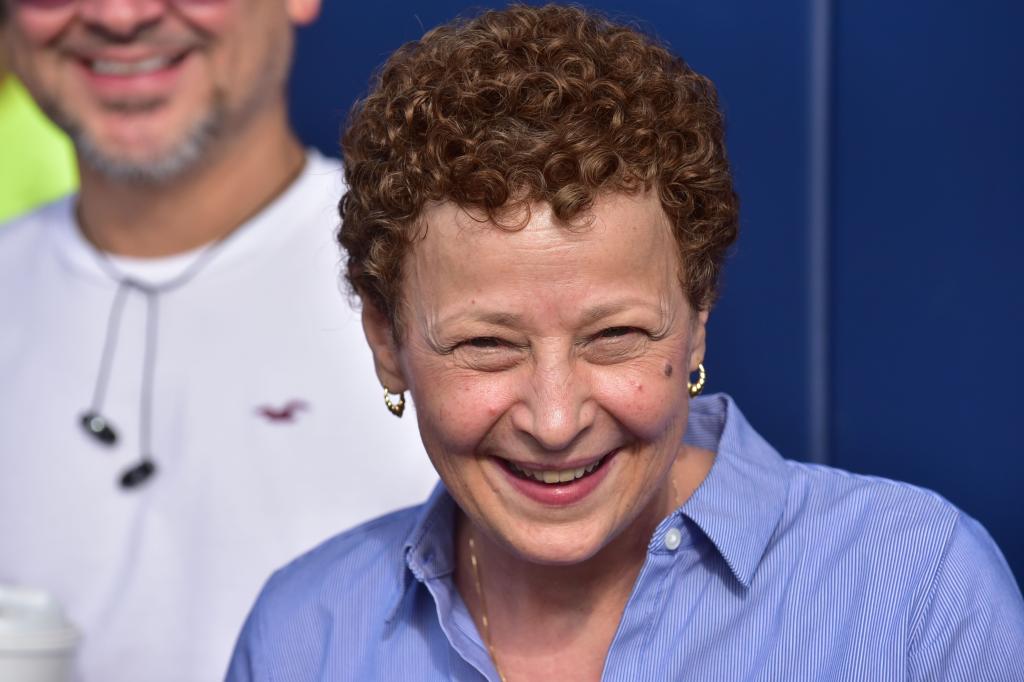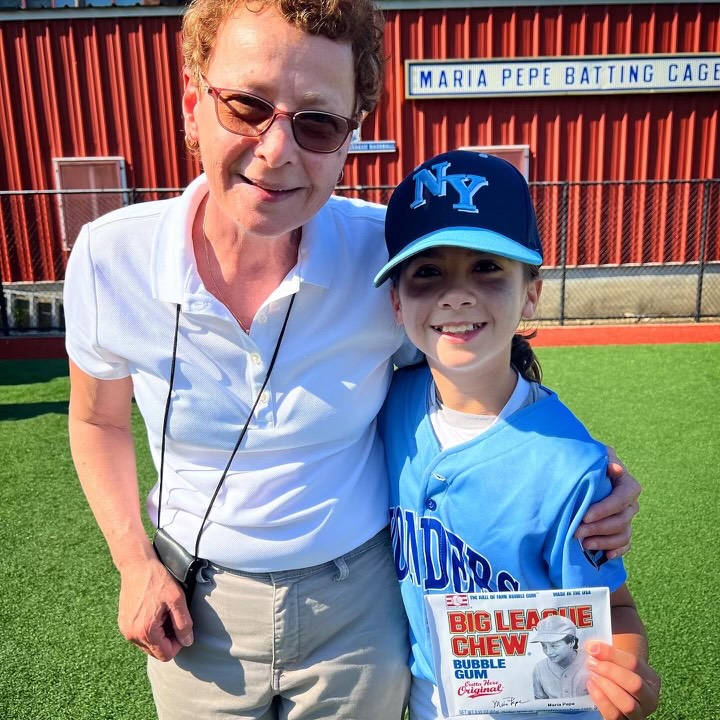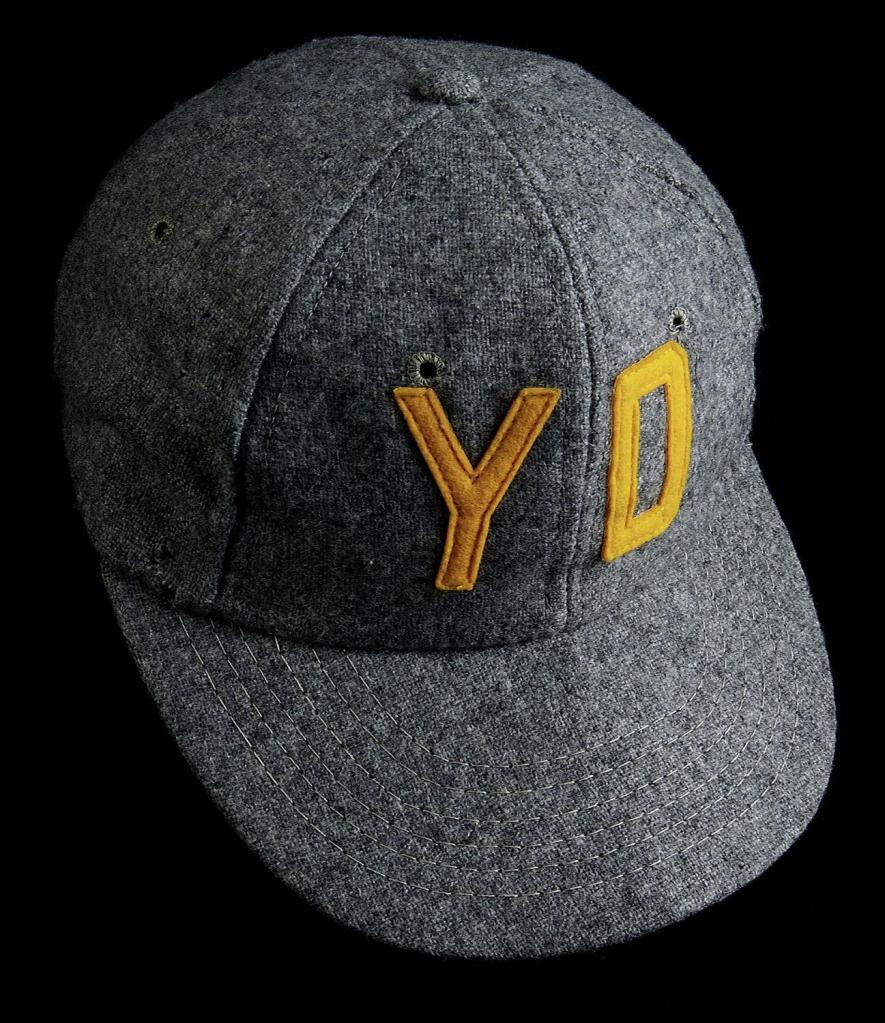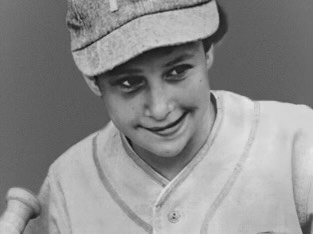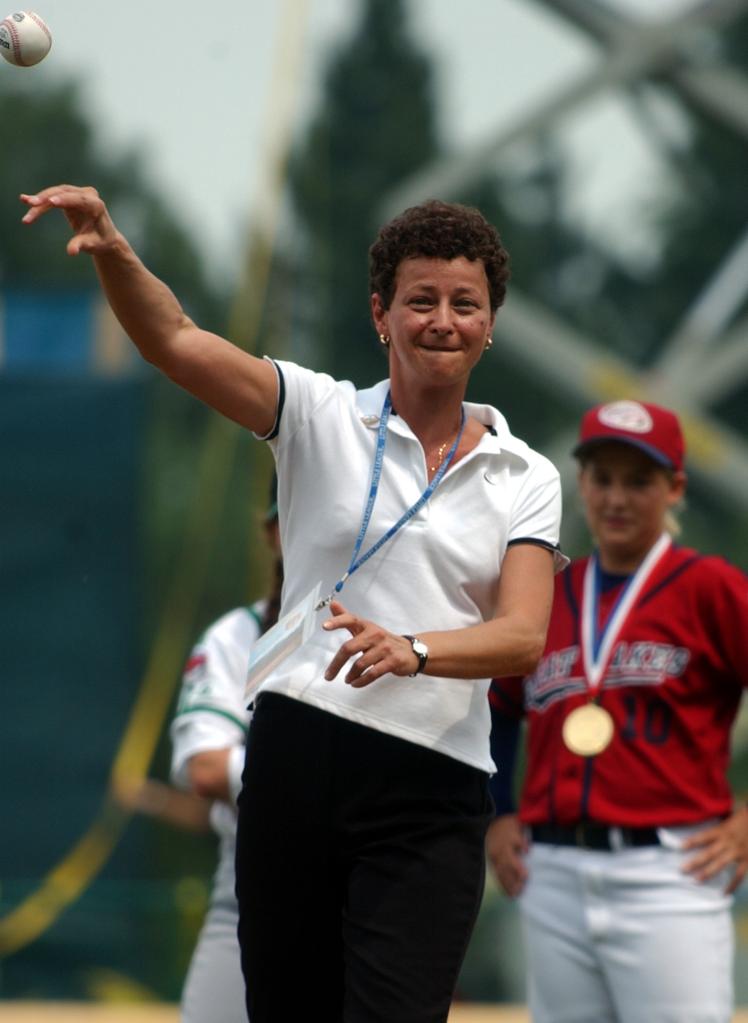She’s truly in a league of her own.
Fifty years ago, Maria Pepe of Hoboken, NJ, changed the trajectory of girls’ sports — fighting for the right to play Little League baseball.
“It wasn’t just about baseball,” Pepe, now 63, told The Post. “It was about girls’ roles in society. Now they are able to play and reap the benefits from sports.”
On Saturday, Pepe’s trailblazing victory will be honored at Peter Stuyvesant Little League Opening Day Parade — marching at 8 a.m. from Manhattan’s First Avenue at 20th Street through Stuytown to Con Edison Field — with Mets legends John Franco and Dwight Gooden joining the procession.
“We’re happy to celebrate this milestone,” Peter Stuyvesant Little League president Nick McKeon told The Post. They currently have about 200 girls in their league, many of whom play softball with a handful opting for baseball.
“Without someone like Maria, my own daughter doesn’t get to play. We just take it for granted now,” he added.
Today no one blinks an eye at a girl on the Little League diamond. Female athletic greatness is baked into our culture and showcased every day, breaking stereotypes — and records. Monday’s Elite Eight college basketball matchup between LSU and Caitlin Clark-led Iowa drew a whopping 12.3 million viewers.
But in the 1960s, there weren’t many options for girls — in Hoboken or elsewhere in the US — beyond cheerleading.
But Pepe was surrounded by neighborhood boys and fell in love with America’s pastime. She collected baseball cards and rooted for Bud Harrelson and Tom Seaver.
She watched the Mets and the Yankees so much that her father felt she was hogging the television, so he bought Pepe her own mini tv set.
“Starting from the age of 5, I was outdoors after school. I loved playing with the boys. We played whiffle ball and graduated to hardball,” said Pepe.
In 1972, she tagged along with her guy friends as they signed up to try out for the newly formed Hoboken Young Democrats. The team sponsor spotted her and asked if she wanted to also join. Pepe, then 11, made the roster as a pitcher.
But there was a problem. In 1951, Little League had enacted a rule banning girls from participating.
“My teammates were fine with me playing because they saw I contributed, but there was this overall sense that I should not have been there,” Pepe recalled.
After three games, she was asked to leave or else the town would have its charter revoked.
“I had a meltdown and my parents could see it. It was a big disappointment. No one could argue that I didn’t know how to play,” she said. “It was just my sex that was the problem.”
The National Organization of Women heard about Pepe’s story and asked to represent her in a lawsuit against Little League Baseball.
The Yankees reached out too — inviting Pepe to a game with her family. But not everyone welcomed her legal bout.
“There were some rough moments when folks could be harsh and say, ‘You should be at home with your mom.’ My parents would get some heat from neighbors,” Pepe remembered. “I was a kid who absorbed a lot. If someone said something that was rough, I didn’t tell my parents because I didn’t want them to pull the plug [on the fight].
“There was an overarching feeling that I should have left well enough alone.”
And it wasn’t an easy battle. Two years later, in 1973, a New Jersey judge ruled in favor of Pepe; it took another year to be upheld by the Superior Court.
By the time the exclusionary rule was officially dropped, Pepe was 14 and had aged out of the league. She played basketball in high school and varsity softball at St. Peter’s College [now University] in Jersey City and went on to become an accountant. She’s now the assistant comptroller of her hometown of Hoboken.
Baseball has never left her blood. Nor has the sport forgotten her name.
In June, Little League will stage the inaugural “Maria Pepe Little League Baseball Legacy Series: A Girls with Game Experience,” a girls baseball tournament in Williamsport.
“It’s fifty years, and I’m blessed they will be doing this event,” Pepe said.
To date, 22 girls have participated in the Little League World Series — including, in 2014, sensation Mo’ne Davis, who later made the cover of Sports Illustrated.
Seeing girls play on that stage is “the gift that keeps on giving” for Pepe.
As for her defining moment five decades ago, she credits her late parents Patsy and Angie for the strength to follow through, saying, “I’m blessed my parents stood by my side.”
In 2016, her hometown of Hoboken named the local batting cages after her.
“My dad died at 65, so he didn’t get to see the positive side to everything,” Pepe said of that day. “But when I heard the news, I had tears running down my face. I couldn’t wait to get home and tell my mother.”
Pepe’s imprint on the game extends beyond her trailblazing case. Her uniform cap from 1972 now sits in the Baseball Hall of Fame in Cooperstown.
“I’m just delighted and heart warmed about the embrace I am getting from everyone, and I’m happy we’re in a better place,” said Pepe.
“I wish I could grow up all over again.”








